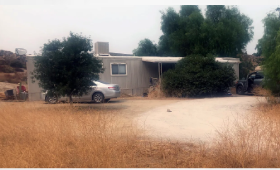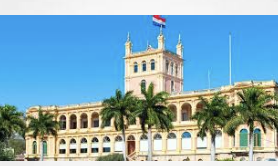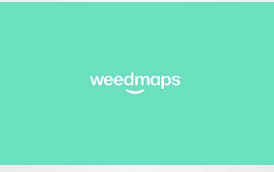The Burlington Press reports on some very unhappy producers
HARDWICK ― Once upon a time − in 2018 – hemp was going to save Vermont dairy farmers from the vagaries of supply and demand for milk, and the resulting hardship and economic depravation, by providing a lucrative cash crop that could be processed into CBD oil. Tinctures, pills and gummies containing CBD have a loyal following among Americans seeking relief from pain and anxiety, and as sleep aids.
Things didn’t work out that way.
In 2018 a pound of hemp biomass was selling for about $40, generating profits well above other common crops, such as soybeans, according to Reuters report. Growers rushed in, including in Vermont, and by the end of 2019, the boom went bust. The price of a pound of hemp dropped to $18-$25.
Not only that, Vermont farmers learned there really was no market for raw, unprocessed hemp, according to Jared Rolston, co-owner of Bordertown Farm in Brattleboro, a hemp and cannabis operation. Rolston and his partner Hillary Famolare, process their hemp into organic CBD products they sell both wholesale and retail online.
“I blame that on naivete,” Rolston said. “People did not realize you can’t just grow hemp. No one is going to buy your hemp on the vine, standing in the field. You have to harvest it, hang it, dry it, and process it into a manageable product. If you’re not completely vertically integrated, like we are, there’s no market.”
The Vermont Agency of Agriculture, which had just finalized its rules for growing hemp, received more than 986 hemp grower registrations on 9,100 acres in 2019, and 292 processor registrations, according to the Associated Press.
Read the full piece at


















